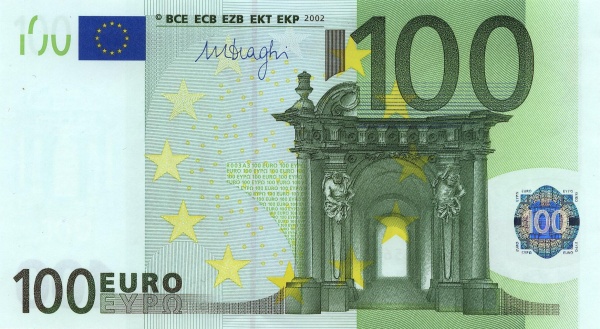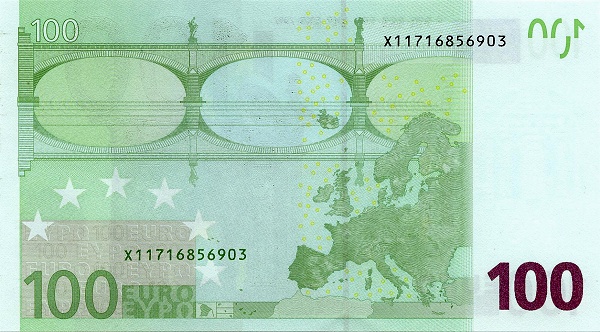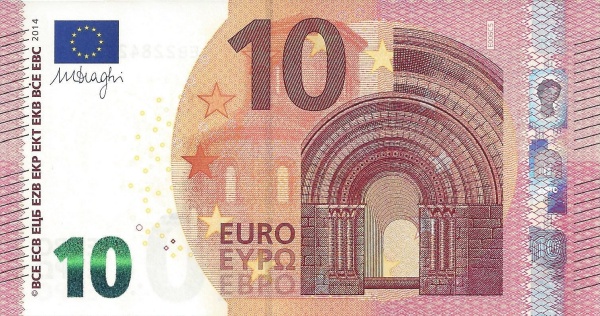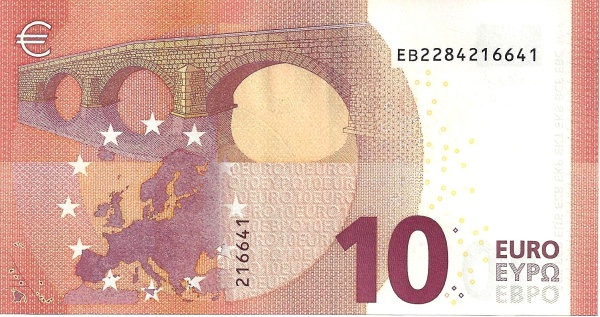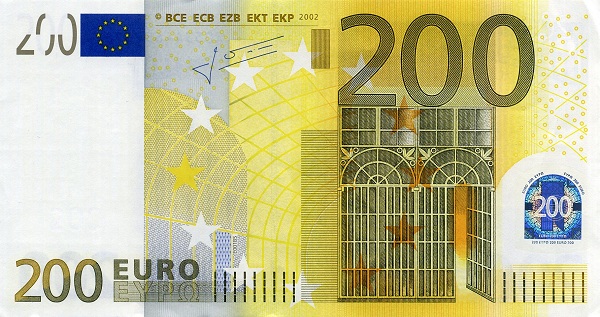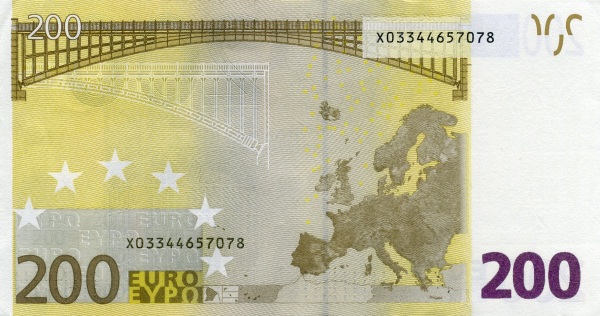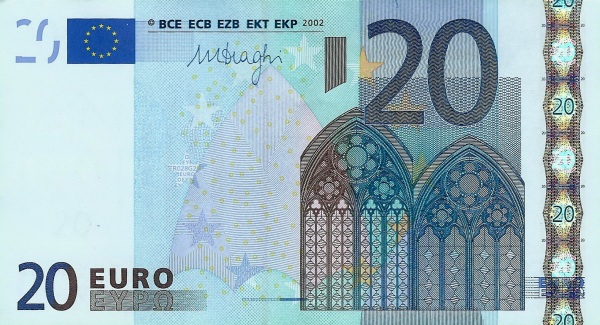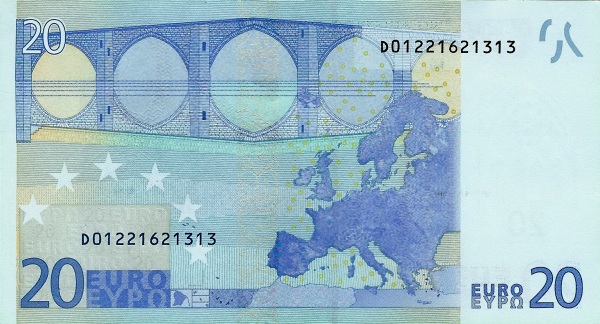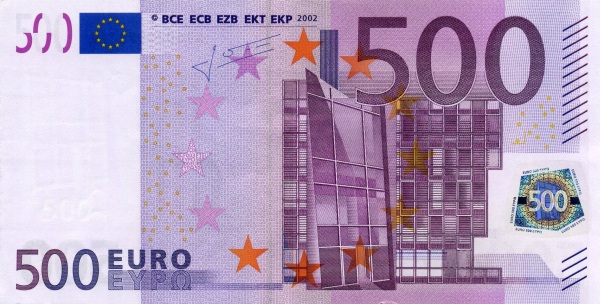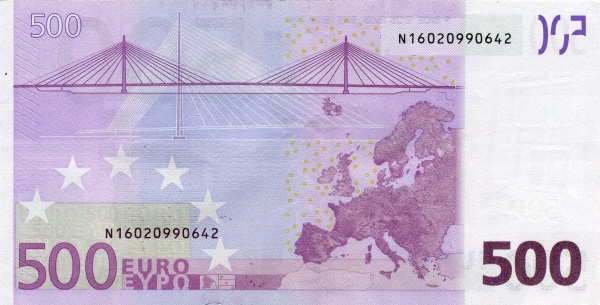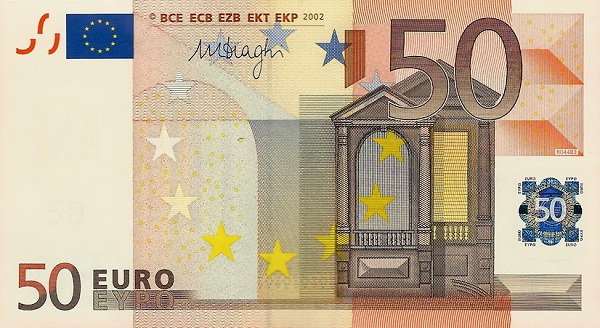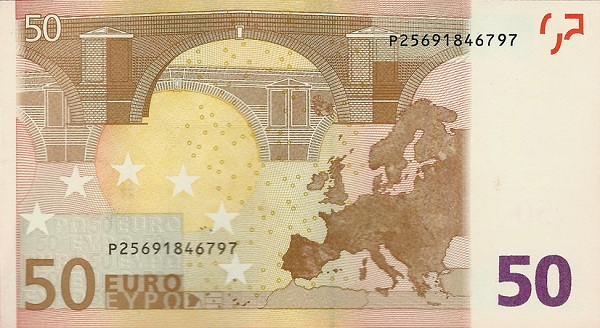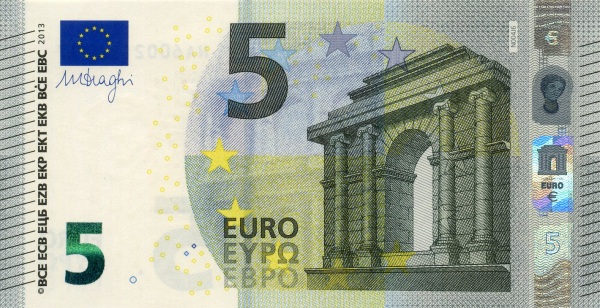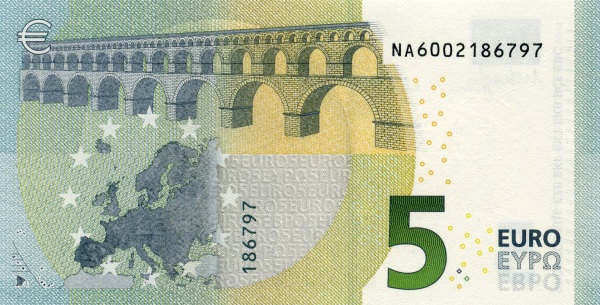Discovering Greece: A Mediterranean Jewel
Greece, a captivating country situated in the Mediterranean, boasts a rich tapestry of history and culture. This beautiful nation occupies the southern part of the Balkan Peninsula in southeastern Europe. Formally known as the Hellenic Republic, Greece consists of two main peninsulas along with a myriad of islands scattered across the Aegean Sea to the east and the Ionian Sea to the west. To its north, Greece shares borders with Albania, Bulgaria, Turkey, and North Macedonia, while its maritime boundaries touch Cyprus, Egypt, Italy, and Libya.
With a total area of 132,000 km², Greece is slightly larger than half the size of the United Kingdom, and it's somewhat smaller than Alabama, a state in the United States. The population of Greece stands at approximately 10.7 million as of 2020, with Athens serving as the bustling capital and the largest city. The official language spoken throughout the nation is Greek, while Turkish is also spoken, primarily among the minority of Turks residing in Western Thrace.
Historical Overview of Greece
Greece's rich history spans thousands of years, and it has been inhabited since the Paleolithic era. Throughout ancient times, three major civilizations flourished within its borders. The Trojan civilization, known for its legendary tales of heroism, was located in the ancient city of Troy. Meanwhile, the Cretan civilization, or Minoan civilization, blossomed on the island of Crete, contributing significantly to art and culture. Additionally, the Helladic or Mycenaean civilization emerged on the Greek mainland, marking a defining epoch in Greek history.
In the early 5th century, Greece witnessed a remarkable event when Greeks triumphed over the Persian invaders. This victory significantly enhanced Athens's position as the leader of the Greek world. This pivotal moment ushered in an era known as "The Golden Age of Pericles," during which Athens became synonymous with democracy. Moreover, Greek culture and language began to spread throughout the eastern Mediterranean during the subsequent Hellenistic Period, influencing neighboring regions.
From Ancient Glory to Modern Independence
The legacy of Greece continued to evolve even after the Hellenistic Period, as the Greco-Roman civilization took root in the area. However, Greece experienced long stretches of foreign occupation under the Romans, French, Spanish, and Ottomans, all of which profoundly shaped its historical landscape. Finally, in 1830, Greece celebrated its hard-won independence from the Ottoman Empire, a turning point that marked a new chapter in its national narrative.
During the latter half of the 19th century and the early 20th century, Greece gradually expanded its territory and included neighboring islands and regions populated by Greek speakers. In 1945, Greece took a significant step forward by joining the United Nations, affirming its place on the international stage.
Cold War Era and Political Developments
After the defeat of communist rebels in 1949, Greece continued to solidify its position in the global sphere by joining NATO in 1952. However, the political landscape shifted dramatically when a coup d'état occurred in 1967, resulting in a military dictatorship that lasted for seven long years. During this troubling period, many political freedoms were suspended, and the king, a symbolic figure of monarchy, was forced to flee the nation.
In the fall of 1973, widespread anti-government student protests erupted, culminating in the overthrow of the military junta in July 1974. The subsequent year, Greece underwent a dramatic transformation through democratic elections, and a referendum led to the establishment of a parliamentary republic, effectively abolishing the monarchy. Greece took a significant step forward by joining the European Community (EC) in 1981, which later became the European Union (EU) in 1992.
Political Structure of Greece
The Greek Constitution characterizes Greece as a parliamentary republic. The President of Greece serves as the head of state, while the Prime Minister functions as the head of government. Together, they form the executive branch of the nation. The Greek Parliament is a single-chamber assembly composed of 300 elected members, and elections occur every four years, reflecting the will of the people.
Economy and Tourism in Greece
In addition to its historical richness, Greece is also renowned for its vibrant economy and tourism sector. The economy primarily relies on services, which contribute significantly to the GDP. One of the essential pillars of the Greek economy is tourism. Millions of visitors flock to Greece each year to explore its stunning landscapes, pristine beaches, and ancient ruins. The allure of Greece's islands, such as Santorini and Mykonos, coupled with its historical sites like the Acropolis, continues to captivate travelers from around the world.
Cultural Heritage and Traditions
Moreover, Greece's cultural heritage and traditions play a vital role in shaping its national identity. Each region boasts its unique customs, music, and cuisine, enriched by influences from ancient practices. Traditional dances, such as the syrtaki and hasapiko, often accompany celebratory events and festivals throughout the year. Additionally, Greek cuisine, known for its delightful flavors and fresh ingredients, includes dishes like moussaka, souvlaki, and baklava, tantalizing the taste buds of both locals and visitors alike.
Natural Wonders of Greece
Greece's breathtaking landscapes showcase a remarkable blend of mountains, coastal areas, and lush greenery. The rugged mountains, including Mount Olympus—the mythical home of the gods—invite adventure seekers and nature enthusiasts alike. On the other hand, the picturesque coastlines and crystal-clear waters offer countless opportunities for relaxation and exploration. The diverse ecosystems found throughout Greece provide habitats for various flora and fauna, making it a haven for nature lovers.
Conclusion
In summary, Greece stands as a timeless destination, inviting exploration and appreciation of its remarkable history, vibrant culture, and stunning natural beauty. From ancient civilizations to modern advancements, Greece continues to inspire awe and wonder in those who visit its shores.
Largest cities of: Greece
| City Name | Population | Year of foundation | |
| Athens | 664,046 | circa 3000 B | |
| Thessaloniki | 315,196 | 315 B | |
| Patras | 170,000 | 58 | |
| Larissa | 144,651 | circa 1000 B | |
| Volos | 144,000 | 347 B | |
| Heraklion | 140,000 | 2010 B | |
| Chania | 108,500 | circa 1000 B | |
| Kavala | 57,000 | circa 315 B |
Greece: Money
